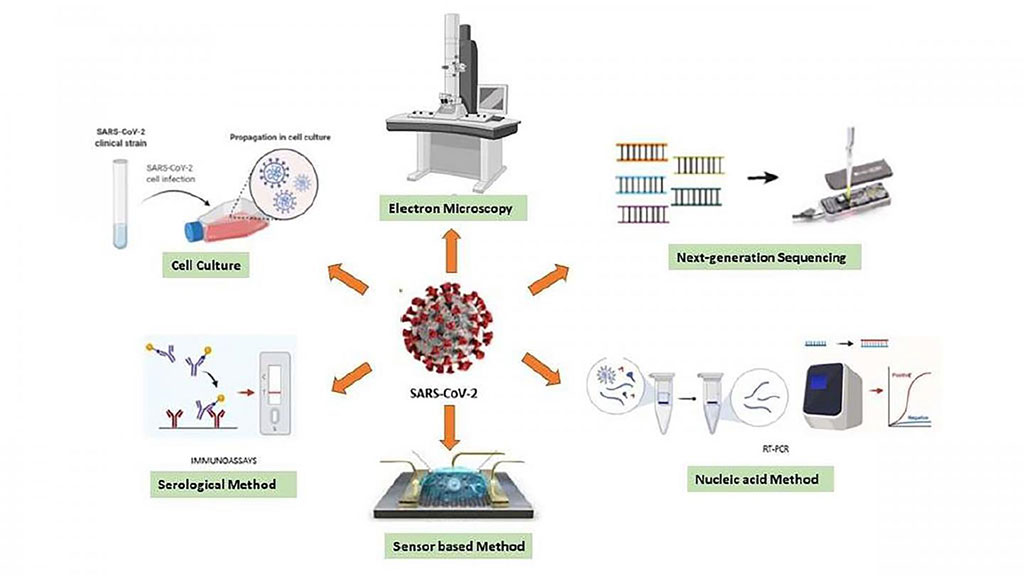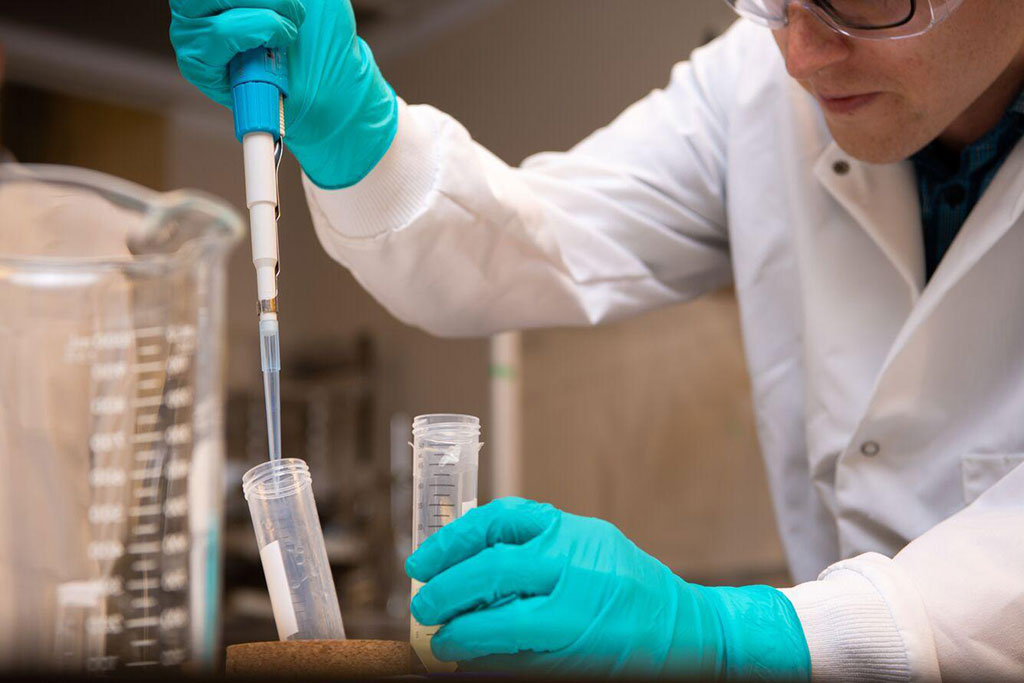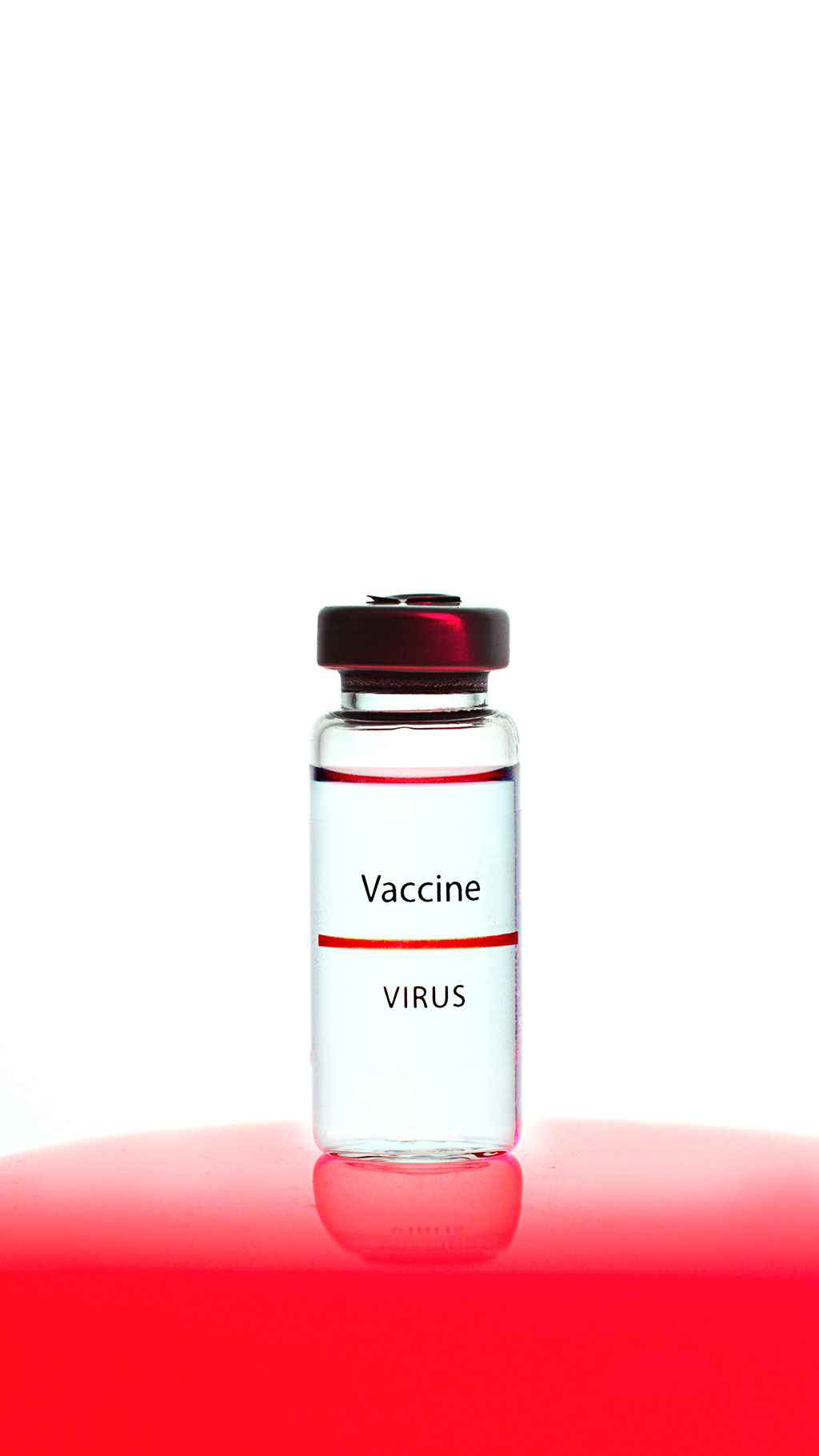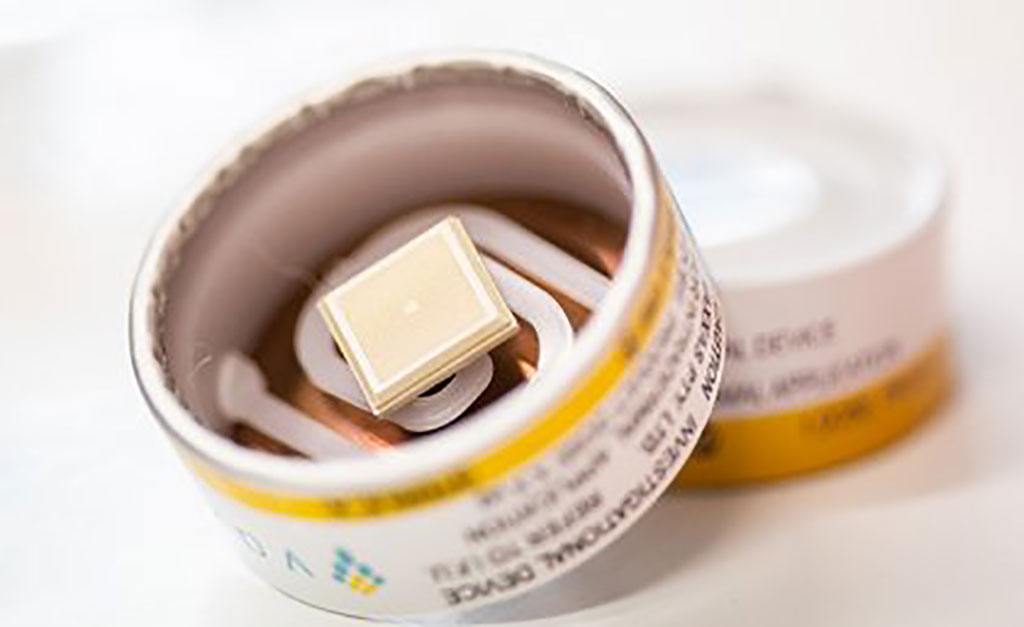Nano-Based Sensor Technologies Could Make It Possible to Detect COVID-19 at Any Disease Stage, Say Researchers
By HospiMedica International staff writers
Posted on 02 Dec 2020
Despite various diagnostic techniques for COVID-19, no single test is available for the entire stage of the disease, although nano-based sensor technologies could make it possible to detect the attack at any stage of the disease, according to researchers.Posted on 02 Dec 2020
Researchers at the Van Yuzuncu Yil University (Van, Turkey) along with their colleagues evaluated the available diagnostic techniques for COVID-19 and determined the key steps required for better testing moving forward. Laboratory tests that target the virus's genes - known as real-time reverse transcription-polymerase chain reaction assays - are currently the gold standard for testing. But according to the US Food and Drug Administration (FDA), these tests could give false negatives. These tests depend on the presence of antibodies, which may not have yet been developed in the early stages of infection. Since different antibodies appear at different stages, diagnostic tests must be chosen to target the appropriate immune response based on when an individual is believed to have been infected.

Image: Various diagnostic techniques can be used for sensing the RNA of SARS-CoV-2 (Photo courtesy of Saadet Alpdagtas and Elif Ilhan)
"There is not any available single test for the entire stage of the disease," said Oguzhan Gunduz, one of the researchers. "However, I think it may be possible to detect the attack at any stage of the disease with nano-based sensor technologies."
The researchers have emphasized point-of-care testing as an urgent objective. These types of tests would help detect the virus on site without the need for laboratory equipment or specialized personnel, eliminating or reducing the wait time between testing and obtaining results
"A quite sensitive test that can measure the existent tiny number of viral particles, or any parameter related to the particle - weight, structure, charge, diameter - can provide rapid and early diagnosis," said Gunduz.
When asked about the potential for a more comfortable testing method, Gunduz stressed that this depends on the sampling method and its sensitivity. A fingertip blood test or a saliva test could potentially be underway, though these have their own drawbacks.
"There are such tests, but they come up with accuracy and specificity issues," added Gunduz.
Related Links:
Van Yuzuncu Yil University














